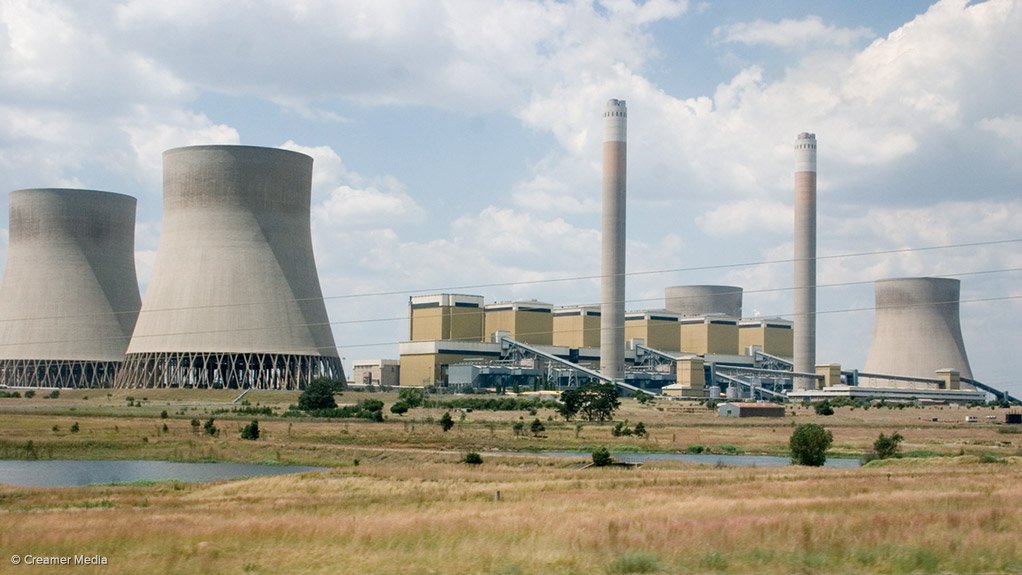World-renowned energy expert Sir Eric Ash believes China, the US and the UK are starting to take stock of the damage being done by carbon dioxide (CO2) released by coal and the potential of burying the noxious gases underground or in the sea.
“I’m not aware of any coal plant around the world that is burying the CO2 it produces, but I do believe momentum behind carbon capture and storage to separate CO2 from gases in the power stations and bury it, is building. There is hope,” he said in Cape Town.
Sir Eric Ash said the ‘right place’ to bury CO2 would be under the sea, but it was not impossible on land either, as there were places where CO2 could be safely stored.
Speaking at the annual Wolfson Memorial Lecture at the University of Cape Town, Sir Eric Ash, who had initiated a series of reports on energy policy during his tenure as Treasurer and VP of the Royal Society in the UK, said it was vital to find ways of mitigating the damage caused by CO2 emissions from coal.
“With the growing world shortage of energy, the chance of coal not being burnt is zero. But if we are to burn all the coal that is underground, we are in serious trouble.”
He said world coal reserves would suffice for probably 100 years, and possibly longer.
Sir Eric Ash said despite efforts, global CO2 emissions were still increasing.
“We have not levelled them off yet, let alone got close to a decrease.”
He said there was a growing realisation that theories on climate change dovetailed with what scientists were observing on the ground.
“The rapid rise in CO2 over the last 50 years is unprecedented and relates very closely to computer models – a very powerful tool we use in all science and engineering.”
Sir Eric Ash said the theory had been reflected in heatwaves, droughts and destructive typhoons, such as the unusual typhoon in the Philippines, which caused 10 000 deaths, as well as the violent typhoon that recently hit India.
“The evidence is growing rapidly. It’s becoming even more persuasive. Temperatures have risen. The total temperature rise is 0.9 ˚C. It may seem small, but climate is exquisitely sensitive to small changes in temperature.”
He said it was forecast that the planet could see temperature increases of up to 4 ˚C by the year 2100, which would be “disastrous”.
Sir Eric Ash said there were still climate change sceptics because climate change was such an enormously complicated issue, covering a range of disciplines and that it was seen as a “distant threat”.
He told the gathering it was up to ordinary citizens to take charge and influence governments and companies to mitigate climate change, noting that it was highly unlikely that governments would do this on their own, as they had their own agendas that were tied closely to politics and winning elections.
But a groundswell from ordinary people could make a difference.
“Remember how difficult it was to persuade people that smoking was bad for their health? But ordinary people put pressure on governments and made a huge difference. I hope enough people take this on because the climate is worth saving.”
EMAIL THIS ARTICLE SAVE THIS ARTICLE
To subscribe email subscriptions@creamermedia.co.za or click here
To advertise email advertising@creamermedia.co.za or click here











